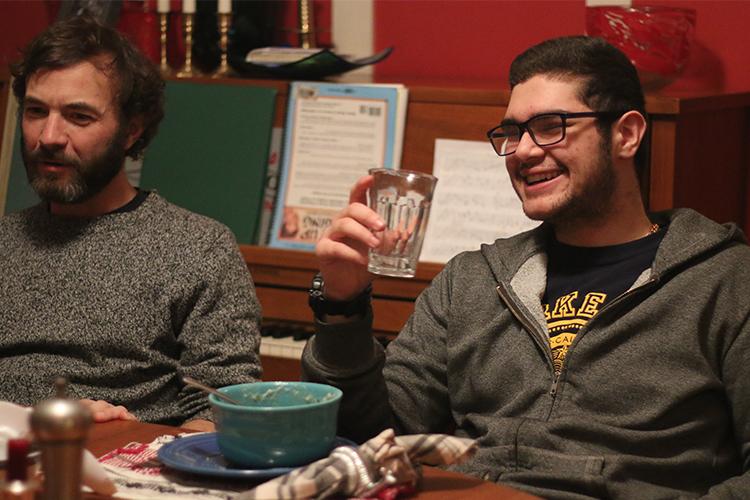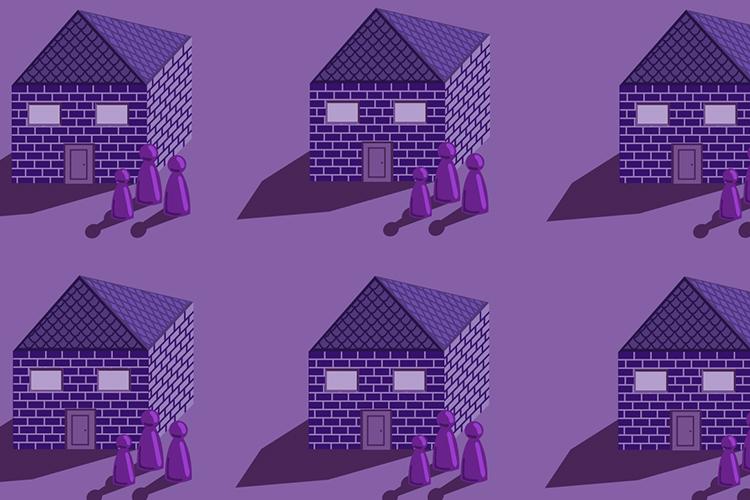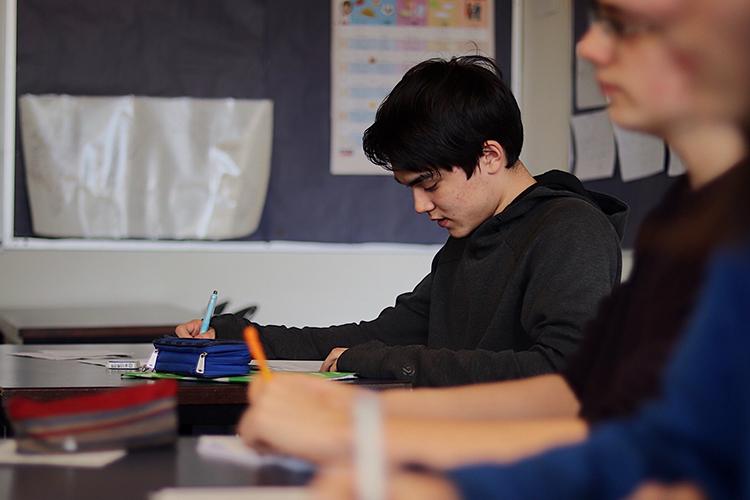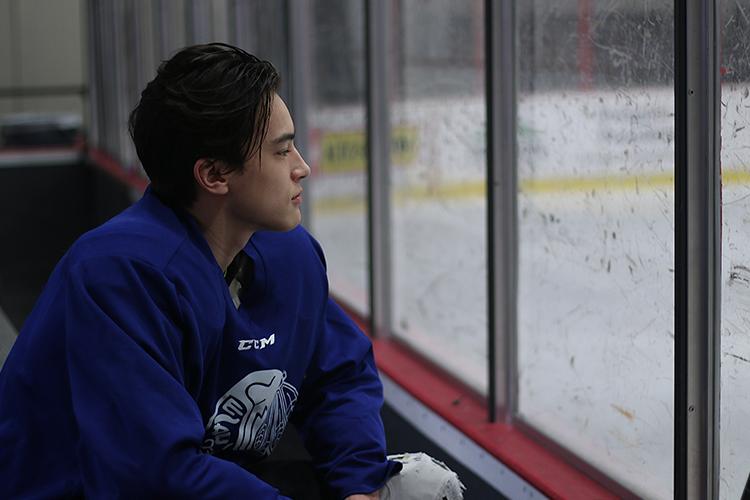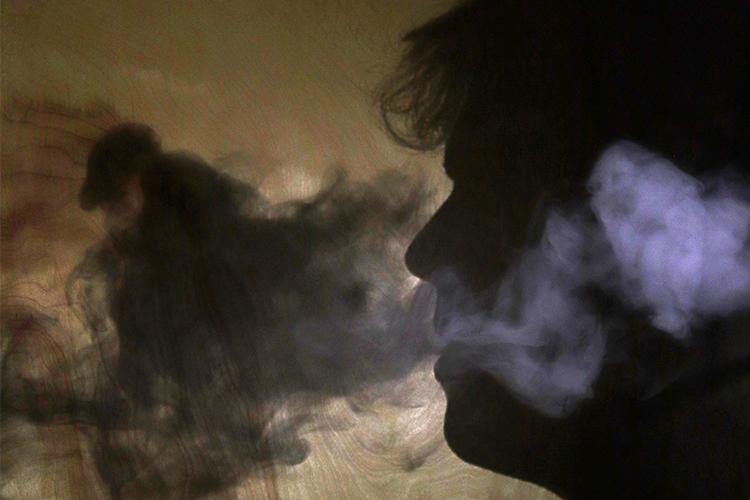
On March 14, 2018, students and teachers at Grant High School participated in a nationwide walkout protesting the recent gun violence that has gripped the United States.
The walkout was not a typical student protest. The action had been sanctioned by the school administration, who created an additional period for the walkout. This ensured that no students would be marked absent, despite the fact that students were leaving class. Moreover, Portland Public Schools (PPS) encouraged schools to participate.
Following the walkout, Portland attorney and chairman of the Multnomah County Republican party, James Buchal, made a PPS public records request. The records included an email from the superintendent sent prior to the walkout, stating that schools had an “expectation that they support the appropriate space and activities in response to this recent tragedy.”
The national group who organized the walkout, a subgroup of the Women’s March called Youth Empower, demands on their website that Congress ban assault weapons — a term that includes many pistols and shotguns.
The support of the walkout was a clear example of the political double standards that run rampant at Grant High School. While student activism is not a problem — and stopping school shootings is without question a worthy cause — the fact that the administration made a special exception for a partisan protest backed by an anti-gun group meant that they were favoring the leftist ideology that dominates the Grant community.
In classrooms at Grant, students are routinely attacked for voicing conservative opinions or questioning the status quo. I myself, a liberal environmental activist and member of the Portland Youth Climate Council, have been slandered on numerous occasions during class for stating opinions that deviate only slightly from the established progressive thought at Grant. The struggles of my conservative classmates are only worse.
Gannon Reid, a sophomore at Grant, describes the backlash that he faces when peers learn of his conservative views. “Yelling, just shutting me down, not really open to debate as much as just trying to shut me up,” he says.
Adding to the problem, and as routinely seems to be the case at Grant, teachers are complicit or active participants in the suppression of conservative ideas.
In class, teachers often lament the country’s latest policy decisions or openly state their disdain for our current president, describing him as a “demagogue worthy of impeachment.” Discussions are purposefully centered around topics that appeal to the agenda of the political atmosphere of Grant.
I have been assigned to watch Democratic politicians describe the need for liberal legislation multiple times, and yet conservative viewpoints are almost never seriously considered in class.
Reid fears that this leads to an environment in which students are not well-versed in the differing views that make up the political spectrum. “It makes it so kids will think one way, just groupthink, and so they can’t open up to differing opinions later in life,” he says.
School should be a place where students come to learn, not a place where students are taught subjective beliefs as unquestionable standards by which we should view our world.
Bill Bigelow, former PPS high school teacher and editor of Rethinking Schools Magazine, outlines his take on the best way to teach tough topics. “I don’t think that teachers have to pretend that all … viewpoints have equal merit, but nor is it a teacher’s job to decide for students the value of particular points of view.”
I welcome political discussion at Grant, and realize that if much of our population leans left, many of our conversations will as well. Total objectivity is not realistic, as internal biases always play a role in the decisions we make. However, by making a conscious effort not to bring their own political leanings into the classroom, Grant teachers will be able to create a better school environment for all.
The purpose of this piece is not to equate the experience of conservatives at Grant to that of marginalized communities, and it is important to recognize and understand that the acceptance of conservatives should not come at the expense of those communities. For those that feel this is an either/or choice, I would implore you to take a moment to listen to your fellow students. I suspect you will come to the same conclusion I have: that the vast majority of conservatives at Grant have good intentions, and though they may differ in political beliefs, we all have things to learn from one another.




























